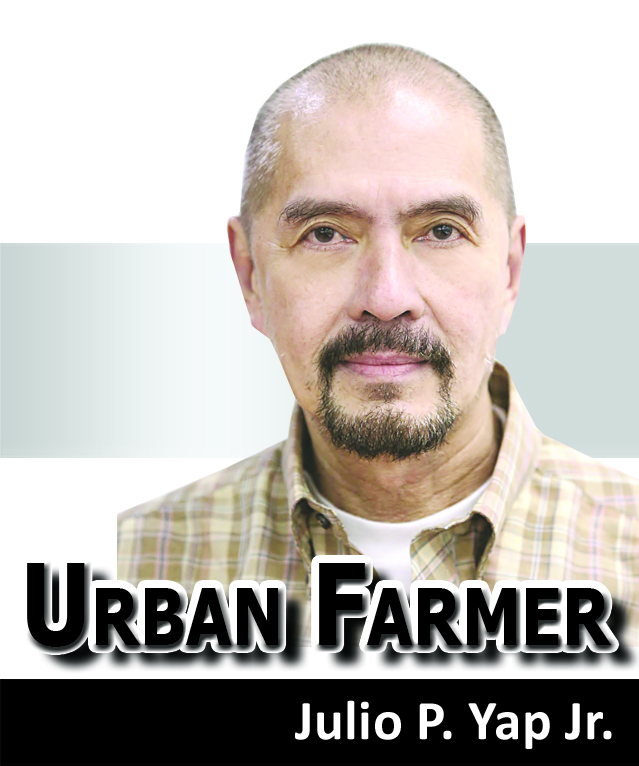 A SERIES of seminars on socio-economic researches in agriculture, aquatic, and natural resources were recently organized to provide a venue for the dissemination and discussion of policy and relevant issues, as well as to improve appreciation of socio-economic researches as an effective tool in policy-making.
A SERIES of seminars on socio-economic researches in agriculture, aquatic, and natural resources were recently organized to provide a venue for the dissemination and discussion of policy and relevant issues, as well as to improve appreciation of socio-economic researches as an effective tool in policy-making.
The Philippine Council for Agriculture, Aquatic and Natural Resources Research and Development of the Department of Science and Technology (DOST-PCAARRD), in collaboration with Socio-Economic Research and Data Analytics Center (SERDAC), organized the series of seminars.
The seminars were held at the Central Luzon State University (CLSU), Visayas State University (VSU), and University of Southeastern Philippines (USeP).
It was learned that the seminars were conducted to provide a venue for dissemination and discussion of policy and relevant issues, as well as to improve appreciation of socio-economic researches as an effective tool in policy-making.
The results of the two recently concluded PCAARRD-funded studies titled, “Analysis of S&T-Related Institutional Capacity and Readiness to Effectively Implement the Food Safety Act” and “ASEAN Economic Community: Opportunities and Implications on Agriculture, Fisheries, and Forestry” were presented in the seminar.
The speakers were composed of the project leaders and staff from the University of the Philippines Los Banos (UPLB). Dr. Isabelita Pabuayon of the College of Economics and Management (CEM), together with Professor Nelson Jose Vincent Querijero of the College of Public Affairs and Development (CPAF), Dr. Mildred Padilla of the College of Veterinary Medicine (CVM), Dr. Ma. Josie Sumague of the College of Agriculture and Food Science (CAFS), and Dr. Simplicio Medina of the CAFS, discussed the Food Safety topic.
While Professor Niño Alejandro Manalo, Professor Geny Lapiña, and Professor Rowena Dorado of CEM tackled the AEC paper.
“We have to let our external public know what is going on to promote public health and protect consumers from unsafe and hazardous food – rising incidence of disease outbreaks and food poisoning and new demands of consumers for increased regulation,” Pabuayon said.
“We need to understand the competitive potential of our commodities in the international and local market so we can make informed decisions,” Manalo added.
Both of them are hopeful that the seminar series will inform and guide the public in ensuring that our products use food safety standards that meet the requirement of international trade to be competitive and be able to take advantage of the AEC.
More than 300 participants from the academe, government agencies, local government units, National Agriculture, Aquatic, and Natural Resources Research and Development Network, and the private sector, attended the seminar series.
Among the government agencies present included the National Economic and Development Authority (NEDA), DOST, Department of Agriculture (DA), Department of Environment and Natural Resources (DENR), Department of Trade and Industry (DTI), Department of Agrarian Reform (DAR), and Department of Tourism (DOT).
The activity was led by PCAARRD’s Socio-Economics Research Division (SERD) and was made possible through the support of SERDAC offices in Luzon, Visayas, and Mindanao.
Three of the four SERDAC centers were funded by PCAARRD to strengthen socio-economics research all over the country. (jaypeeyap@ymail.com/PN)


